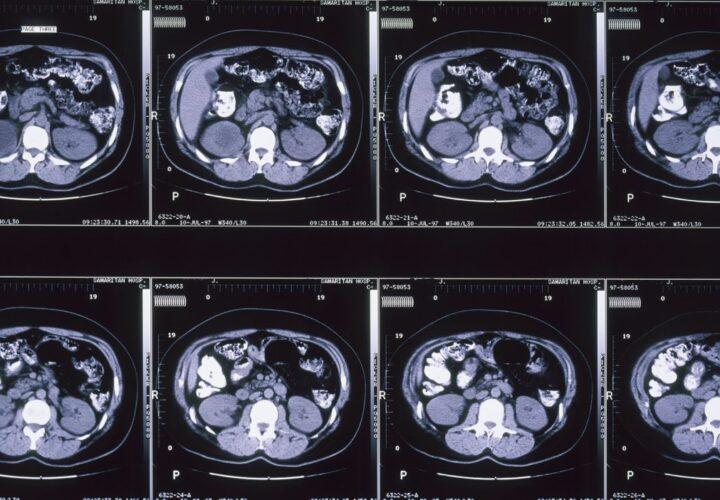It’s been well established that regular exercise has a positive impact on brain health — and can even reduce a person’s risk of developing dementia and lessen the severity of dementia symptoms. But for people with mobility issues or who are finding it difficult to begin an exercise routine, there could be another option: saunas. Brain health researchers are now exploring how saunas and hot tubs may offer some of the same cognitive benefits as aerobic exercise.
In order to understand how sweating it out in a sauna may reduce a person’s risk and symptoms of dementia, it’s important to know how exercise improves brain health. Exercise supports healthy blood flow by increasing the growth of new blood vessels and improving function of existing ones and this process happens, in part, because the body is heating during and after aerobic exercise. Since brain function relies on blood flow, exercise is often recommended to people with or at risk of developing dementia.
But physical exercise can be challenging for a variety of reasons: mobility, motivation, age, and other health conditions. A person’s limits shouldn’t preclude them from enjoying the benefits of an exercise routine, which is why new research from Charles James Stewart, a PhD candidate at Coventry University, and his research group are exploring an alternative with lower physical impacts.
“Throughout human history, multiple cultures around the world have used heat therapy to improve health,” Stewart wrote in an article for The Conversation. “But until recently, the benefits of bathing were anecdotal and largely viewed as unscientific. However, in the last few decades evidence has been growing and today we know that regular bathing in a sauna or hot tub can help reduce the risk of cardiovascular disease — and may well have wider health benefits too.”

Stewart’s team found that sauna use has a similar effect on blood flow as exercise by comparing the body’s response to both exercise and heating. “In order to do this, I ask volunteers to undergo the same duration of hot tub bathing and moderate intensity cycling,” he wrote of his research. “While exercise is more adept at increasing energy expenditure, we have found comparable elevations in core body temperature and heart rate.”
As part of his investigation, Stewart reviewed a 2017 study published in the British Geriatric Society’s Journal of Age and Ageing, which concluded that “moderate to high frequency of sauna bathing was associated with lowered risks of dementia and Alzheimer’s disease,” most likely because of the heat’s effect on cardiovascular health.
Sauna and heat therapy is already a common practice because of its links to reducing joint pain, boosting metabolism, and supporting weight loss efforts. With regular use, the research indicates that heat from a sauna (or a hot tub or jacuzzi) can lower a person’s blood pressure and widen vessels and arteries. High blood pressure is harmful on its own because it slows the flow of blood throughout the body — including the brain — and puts a person at higher risk for blood clots, strokes, and silent strokes, which can cause even more damage to brain function. Studies show that over time, consistent high blood pressure levels can damage blood vessels in the brain, leading to cell death resulting in slower brain processing and decline in memory.
However, experts say this type of therapy should be approached with caution. While lower blood pressure is a benefit, its immediate effects can also be harmful: prolonged heat exposure can increase risk of dehydration, dizziness, loss of balance, and fainting. Stewart explained: “This is caused by a phenomenon called orthostatic hypotension, where a combination of the widening of the blood vessels caused by the heat, and a change in the posture of your body (such as going from sitting to standing), results in a large drop in blood pressure and a decrease in blood flow to your brain.”
When applied safely, Stewart and colleagues believe these findings could be a boon for brain health, especially for those who can’t go for a jog as easily as they can step into a sauna, not to mention the other benefits of heat and hydrotherapies, like lowering blood sugar and burning the same number of calories as a 30-minute walk.
With any new research, more studies must be done to determine how different groups (age, sex, etc.) will benefit from this therapy. But at its most basic level, generating heat, either through exercise or sessions in a sauna, can support blood flow to the brain and that’s something to break a sweat over.









